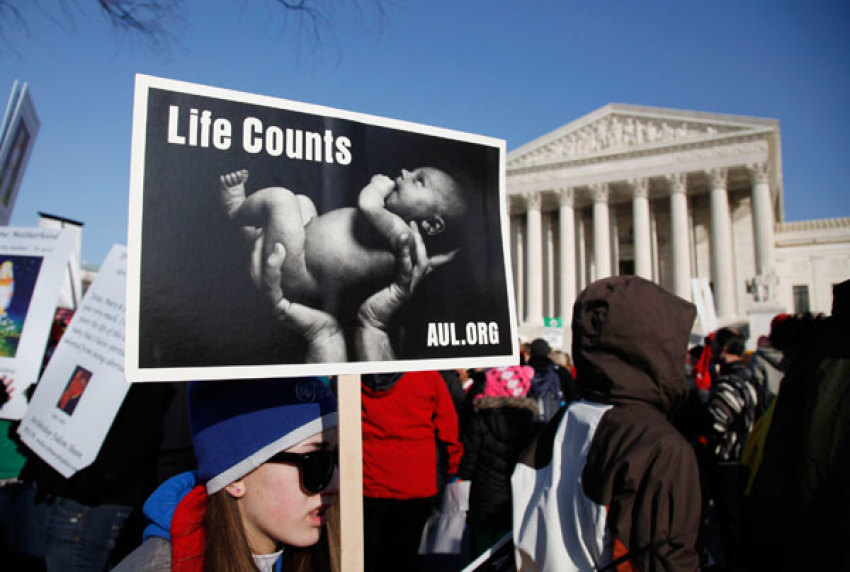Supreme Court declines to hear appeal on Alabama law banning dismemberment abortions

The U.S. Supreme Court declined to hear an appeal over a 2016 Alabama law that banned an abortion procedure that's done during the second trimester of a pregnancy.
In a miscellaneous order issued Friday, the high court allowed a lower court ruling against the law to remain in effect. The law would have made it illegal for abortionists to perform dilation and evacuation abortions that are performed between 13 and 24 weeks after the first day of a woman's last menstrual period.
"A dilation (dilatation) and evacuation abortion, D&E, is a surgical abortion procedure during which an abortionist first dilates the woman’s cervix and then uses instruments to dismember and extract the baby from the uterus," the website AbortionProcedures.com explains in detail.
The law in question is not the same as a bill that was signed by Alabama Republican Gov. Kay Ivey in May that bans most all abortion — even in cases of rape and incest — except in circumstances in which a woman faces a medical emergency that leads to the termination of the pregnancy.
Justice Clarence Thomas wrote a concurrent opinion, agreeing with the denial of appeal yet noting that he supported such laws.
“The notion that anything in the Constitution prevents States from passing laws prohibiting the dismembering of a living child is implausible,” wrote Justice Thomas.
“But under the ‘undue burden’ standard adopted by this Court, a restriction on abortion—even one limited to prohibiting gruesome methods—is unconstitutional if ‘the “purpose or effect” of the provision “is to place a substantial obstacle in the path of a woman seeking an abortion before the fetus attains viability.”’”
Thomas went on to argue that the case was “a stark reminder that our abortion jurisprudence has spiraled out of control.”
“Earlier this Term, we were confronted with lower court decisions requiring States to allow abortions based solely on the race, sex, or disability of the child,” he added.
“Today, we are confronted with decisions requiring States to allow abortion via live dismemberment. None of these decisions is supported by the text of the Constitution.”
Andrew Beck, a lawyer with the American Civil Liberties Union, which challenged the law, celebrated the Supreme Court’s decision to reject the appeal.
“While we are pleased to see the end of this particular case, we know that it is nowhere near the end of efforts to undermine access to abortion,” Beck said, Reuters reports.
“Politicians are lining up to do just what Alabama did - ask the courts to review laws that push abortion out of reach and harm women’s health, with the hope of the getting the Supreme Court to undermine, or even overturn, a woman’s right to abortion.”
After signing Alabama's law banning most abortions, Ivey said. “To the bill’s many supporters, this legislation stands as a powerful testament to Alabamians’ deeply held belief that every life is precious and that every life is a sacred gift from God.
"No matter one’s personal view on abortion, we can all recognize that, at least for the short term, this bill may similarly be unenforceable."



























